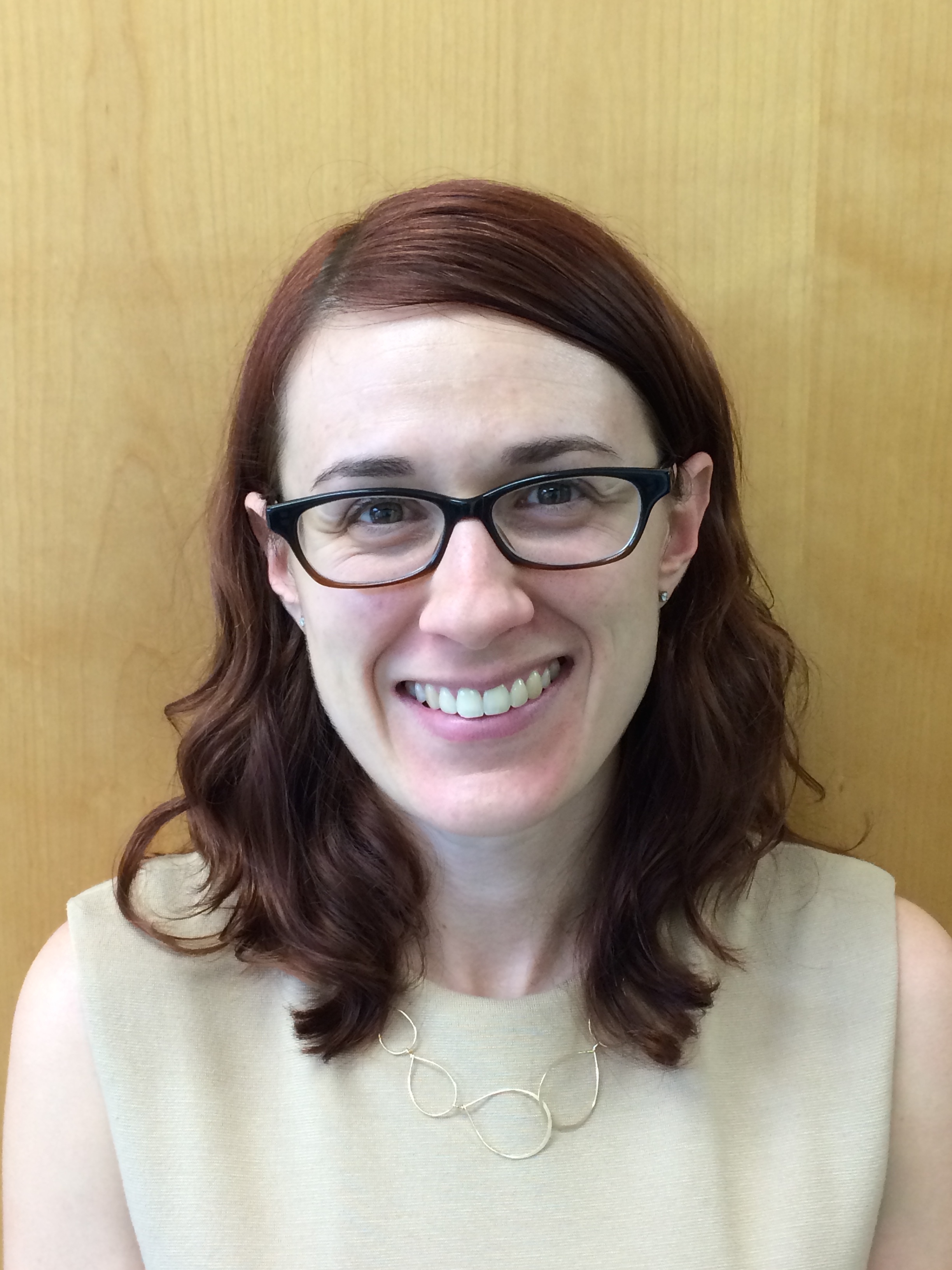Carey S. Pulverman, a doctoral student in the Department of Psychology at The University of Texas at Austin, was selected to receive the 2015 Frances Fowler Wallace Memorial for Mental Health Dissertation Award by the Hogg Foundation. The award will go to support research expenses for her dissertation on the relationship between childhood sexual abuse, depression and post-traumatic stress disorder in women.
Frances Fowler Wallace, the award’s namesake, was married to John Forsythe Wallace, who served as a member of the Texas House of Representatives and the State Board of Control. She died July 18, 1972, in Austin at the age of 80. The Wallace Award provides partial support for doctoral students’ dissertation research on “the cause, treatment, cure, and prevention of mental disease, mental illness, and mental disorders,” as directed in her will. The award provides up to $1,500 for research-related expenses.
“As a community, we are just beginning to understand the mental health effects of trauma, and there is an urgent need for the kind of research Ms. Pulverman is doing,” said Dr. Octavio N. Martinez, Jr., executive director of the Hogg Foundation.
We spoke with Pulverman about her research.
- Tell us about yourself. At what point did you decide to pursue a career in mental health research, and what influenced that decision? I had always been interested in psychology because I think human behavior is fascinating, but in college I got a little scared off by the hard science aspects of the field. I majored in urban sociology, which was an adventure in itself, and then worked in that field for a couple of years before going back to school to get my Masters in psychology. Then I applied to doctoral programs in clinical psychology.
- Your dissertation is titled, “The Relationship Between Depression, Post-traumatic Stress Disorder, and Sexual Dysfunction Among Women with a History of Childhood Sexual Abuse.” What questions are you trying to answer with this work? This project will examine depression and PTSD as mediators of the relationship between a history of childhood sexual abuse and sexual dysfunction in adulthood. The exact relationship between depression and PTSD, which are very common after sexual abuse, and sexual problems, is not well understood. A better understanding of this relationship will help psychologists design better treatments for this constellation of related disorders.
- What led to your taking a professional interest in this particular topic? I have been interested in sexual assault prevention and education since I was a sophomore in high school, and now my research focuses on the impacts of sexual assault on women’s mental and sexual health. Sexual abuse is a horrific crime that usurps a person’s control over his or her physical integrity. Survivors often struggle with the negative effects of abuse for a lifetime, and I hope to have a career focused on bringing more attention to these problems and on developing new treatments for this under-served group of women.
- How do you think your research methods and approach will help you to answer the questions that you’re posing? My research methods involve a laboratory manipulation to increase sexual arousal, which is followed by an assessment of women’s appraisal or evaluation of their arousal. It is possible that sexual arousal leads to negative affect among women with a history of abuse, which might then lead to depression and PTSD. Avoiding sexual experiences may be one way to try to manage depression, but is also an approach that contributes to sexual problems. Study participants also complete self-report questionnaires on their mental and sexual health. I plan to use my data to examine the interplay between these many different mental and sexual health variables.
- Are there any suggested readings you can recommend for those who might be interested in learning more about this topic? Yes! For academic papers I recommend:
Rellini, A., & Meston, C. (2007). Sexual function and satisfaction in adults based on the definition of child sexual abuse. Journal of Sexual Medicine, 4(5), 1312-1321.
Meston, C. M., Rellini, A. H., & Heiman, J. R. (2006). Women’s history of sexual abuse, their sexuality, and sexual self-schemas. Journal of Consulting and Clinical Psychology,74(2), 229-236.
For women struggling with sexual difficulties I recommend these self-help books:
Maltz, Wendy. (2012). The Sexual Healing Journey: A Guide for Survivors of Sexual Abuse.Harper Collins: New York, NY.
Heiman, Julia & LoPiccolo, Joseph. (1988). Becoming Orgasmic. Prentice Hall Press: New York, NY.
Kerner, Ian. (2004). She Comes First. Harper Collins, New York, NY.
